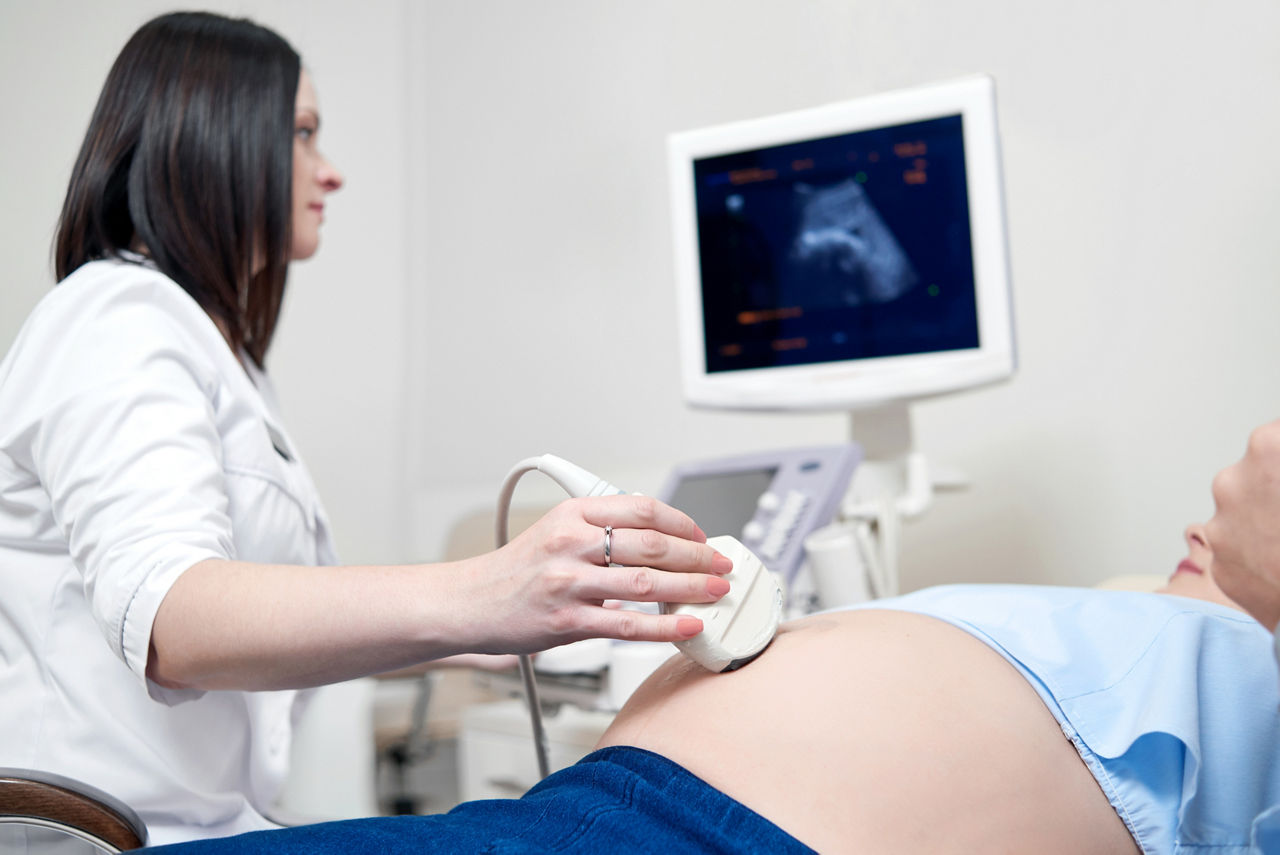Breastmilk is the best for babies. The World Health Organisation recommends exclusive breastfeeding for the first six months of life. Unnecessary introduction of bottle feeding or other food and drinks will have a negative impact on breastfeeding. After six months of age, infants should receive age-appropriate foods while breastfeeding continues for up to two years of age or beyond. Consult your doctor before deciding to use infant formula or if you have difficulty breastfeeding.
- Week 1
- Week 2
- Week 3
- Week 4
- Week 5
- Week 6
- Week 7
- Week 8
- Week 9
- Week 10
- Week 11
- Week 12
- Week 13
- Week 14
- Week 15
- Week 16
- Week 17
- Week 18
- Week 19
- Week 20
- Week 21
- Week 22
- Week 23
- Week 24
- Week 25
- Week 26
- Week 27
- Week 28
- Week 29
- Week 30
- Week 31
- Week 32
- Week 33
- Week 34
- Week 35
- Week 36
- Week 37
- Week 38
- Week 39
- Week 40
Week 13 of Your Pregnancy
Excited, daunting, overwhelming… these are all normal feelings for a mom-to-be! At 13 weeks, welcome to the start of your second trimester. Your baby is growing rapidly and is quite active. Its reproductive organs are developed, and liver and pancreas are beginning to function.
Your 13th week of pregnancy marks the start of your second trimester. Your baby is now developing the vocal cords, all other organs continue to mature. Inside your baby’s body, ovaries or testes have fully formed. But don’t scramble to buy blue balloons or pink ribbons just yet – it’s still a little early to determine if it’s a boy or girl1! Your baby’s liver will begin to produce bile and its pancreas will produce insulin1. Other developments include your baby’s vocal cords2, as well as eyes and ears3.
The sense of touch forms and your baby begins to play with the umbilical cord. Sometimes it might even suck the thumb.
Your Baby
Your baby is the size of a peach now! You can't feel its movements yet, but your b aby is already starting to stretch, kick and turn! The baby is now 6 centimetres tall and weighs about 30 grams. Your baby’s head will now start to grow at a slower rate than the rest of the body. By week 21 it will be around a third the size of the body, and at birth it will be a quarter of the size.
Your body
Your weight gain will increase gradually after these 3 months. You may sweat more often due to the increased energy consumption from your body.
Focus on Fibre: Insoluble and Soluble
Unfortunately, hormonal changes in our bodies during pregnancy can cause constipation5. This is why fibre is every pregnant girl’s best friend! To maintain regular bowel movements, ensure that you get at least 30g of fibre a day.
There are two types of fibre, and both are important for digestion. Insoluble fibre passes though our gut without being broken down – this helps to move other food along with it. For insoluble fibre, pick up6:
- Wheat bran
- Wholegrain cereals and breads
- Brown rice
- Fruit and vegetables
- Seeds and nuts
The other type of fibre is soluble fibre, which provide a source of food for the healthy bacteria in our gut. Sources of soluble fibre include6:
- Barley, oats and rye
- Beans and pulses
- Fruit
- Vegetables
- Seeds
Can’t wait to get started? For better health and nutrition, try these food swaps to increase your fibre intake!
- Swap mashed potato for fibre-rich potato in its skin
- Instead of fruit juice, have whole fruit
- Swap vegetable soup for vegetable and bean soup
- Swap your regular bread for rye bread
- Add some lentils to your chicken curry and choose brown rice

Connect with our team of experts
We provide advice and support for you on your parenthood journey



